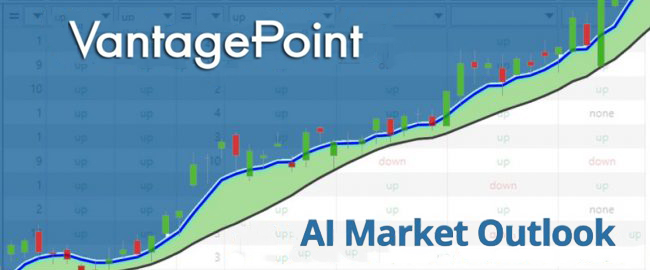Digital Asset Head Of Franklin Templeton Discusses Relationship With SEC
According to Odaily, Roger Bayston, the head of digital assets at Franklin Templeton, has shared his views on the ongoing interaction between financial innovators and the U.S. Securities and Exchange Commission (SEC). He stated that this interaction is fair and part of the process they are involved in. Bayston made these comments at the 2024 Consensus Conference. Like many regulatory bodies, the SEC tends to rely on legal precedents, which are often set in court. Despite frequent skepticism about the SEC's 'open door' policy, Bayston believes that the agency's actions are aimed at protecting the economy and are not insurmountable. He said, 'Without some discipline, persistence, and cooperative behavior with global regulatory bodies, we could not have survived in this trust-based industry for 76 years.' Bayston also noted that the situation with the SEC is changing compared to last year. He said, 'We have always had pleasant contact with the SEC... we are excited about their change in attitude.'

